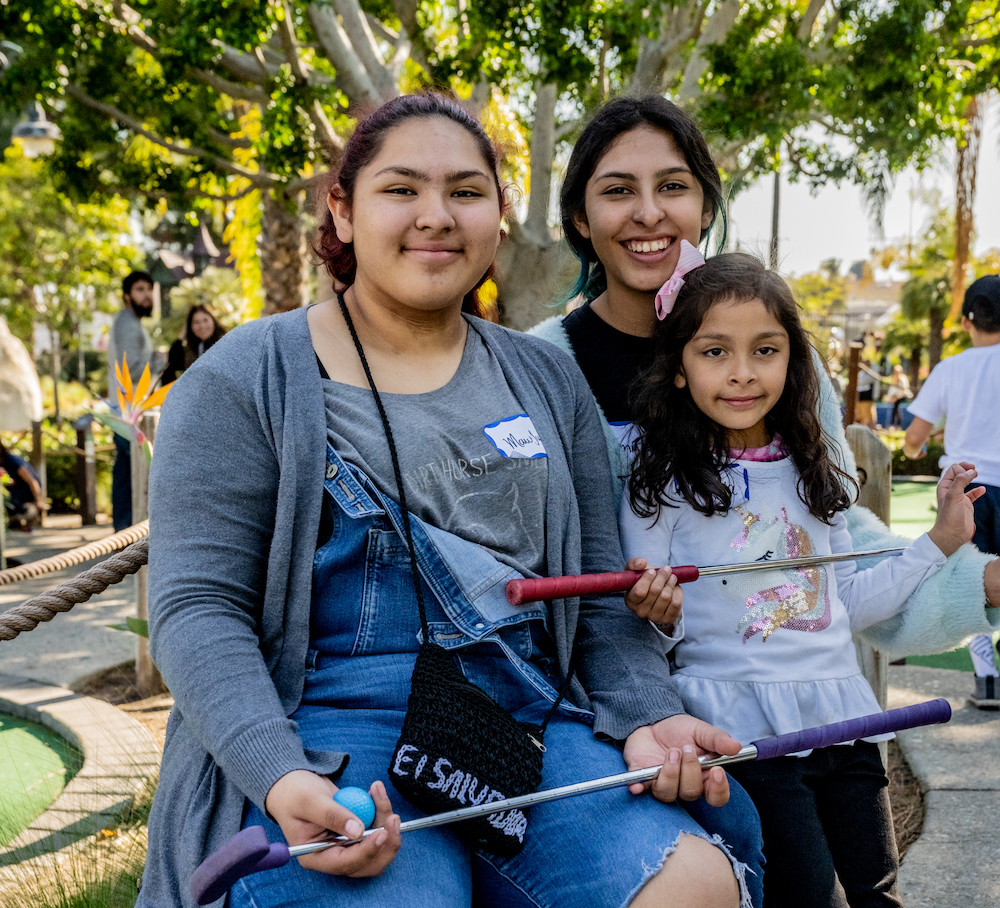
The Traumatic Effect of COVID-19
If you’re anything like us, you’ve heard all about the devastating impact of COVID-19 on the health system, on our economy, on our schools….but what’s happening to our kids? A traumatic event can be defined as “an incident that causes physical, emotional, spiritual, or psychological harm. The person(s) experiencing the distressing event may feel threatened, anxious or frightened as a result.” Throughout this time of social distancing, I know I’ve certainly felt some or all of these feelings at one point or another. And, while my children aren’t great at expressing it, I have to believe that they may be experiencing some of these feelings as well.
In fact, we did some digging and found that youth often experience the stress and anxiety as much as parents, particularly those who are already vulnerable. And rather than “bouncing back,” as many adults seem to expect, children incorporate trauma into their growth and future lives. Overall, kids experience the general atmosphere of anxiety and panic as acutely as adults do, only they might be better at hiding it.

Social Distancing & Social Isolation – Impact on Kids
Now let’s combine the impact of the traumatic event with the sudden thrust into social distancing. Socialization is incredibly important to kids, it’s how they perceive their social links to others, which has far reaching consequences for their health. Social isolation is hard for humans of all ages, but it is more profoundly distressing for adolescents – their most central developmental job during adolescence is to individuate, to leave the nest and become independent from us, their parents. So, we can only begin to imagine the feelings of conflict, isolation, loneliness and confusion that must be rising during this time.
Unfortunately, loneliness and social isolation can have lasting impacts including depression and anxiety, psychosomatic complaints like headaches or nausea, even physical health conditions like obesity or high blood pressure.

Mentoring Can Be The Difference
This is why it is so vitally important for Walk With Sally’s programs to continue. The Chronicle of Evidence-Based Mentoring has said that Mentoring programs can lower social isolation for young people. Also, a growing body of research suggests that sustained, positive relationships with caring adults can help mitigate the harmful effects of childhood trauma. Walk With Sally is working every day to adapt our programs to this new environment. While our mentors may not be able to plan activities with their mentees in person like they used to, we are consistently providing ideas and resources for them to continue to stay connected during this time of social distancing.
On top of the one-on-one mentoring, Walk With Sally is also working to develop virtual options for our community programs like Heart to Home which completed it’s first virtual session April 18th. Our larger Friendship Activity events are being adapted as well. We’re hosting a virtual dance class with renowned choreographer Jason Santanaand even working on a scavenger hunt.

Lastly, we are supporting our families financially through our Temporary Financial Support program. We’ve delivered grocery gift cards to families so they can keep food on the table, we’ve provided funds to pay for rent for two families, and we’re still on track to provide 3 scholarships to kids graduating high school and heading off to college in the Fall.
At a time when connection is more important than ever, because it is more scarce than ever, we are doing everything we can to continue to train mentors (15 this month alone!), support our mentees and families, and create opportunities for socialization and connection in this new world.

Please help us to continue our important mission of providing hope to kids who have been impacted by cancer. The kids of Walk With Sally have been forced to deal with the impact of cancer and now COVID-19 on top of that. Your donation can give hope to these kids!


